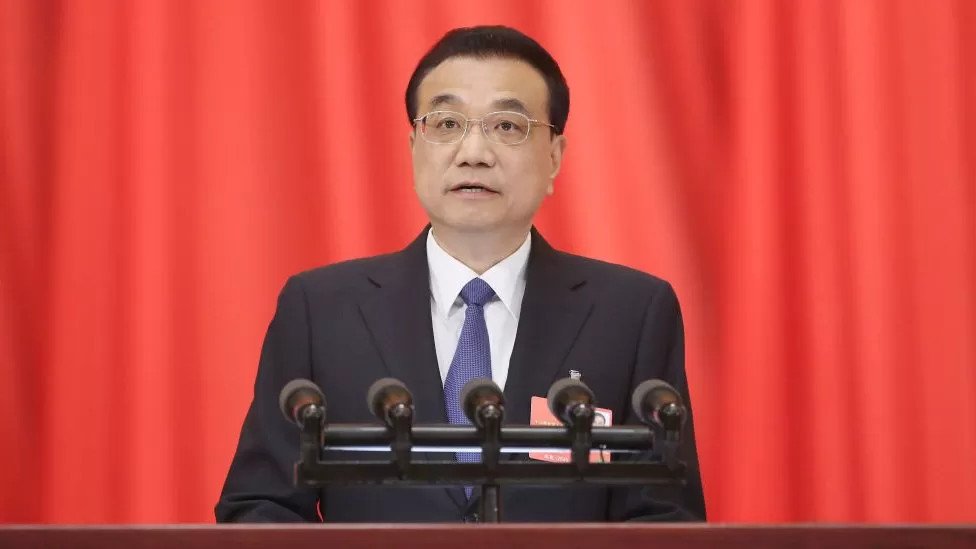Li Keqiang: Ex-Chinese premier sidelined by Xi dies at 68

Oct 27: Former Chinese Premier Li Keqiang has died of a heart attack aged 68.
State media said he died 10 minutes past midnight on Friday despite "all-out" efforts to revive him.
Li was once tipped to be the country's future leader but was overtaken by President Xi Jinping.
A trained economist, he held the second highest-ranked position in China, though, in recent years, he was widely isolated amongst China's top leadership.
He was the only incumbent top official who didn't belong to Mr Xi's loyalists group.
"Li was viewed as a pragmatic leader and encouraged economic reform... unfortunately his voice was effectively silenced and then ousted and replaced by a loyalist to Xi last year," James M Zimmerman, a Beijing-based political commentator said in a post on X.
"His passing is a significant loss to the moderate voices in the party leadership".
Li, who had stepped down as premier in March this year, suffered a sudden heart attack on Thursday and died early on Friday while he was in Shanghai.
His death is being widely mourned on Chinese social media, with many expressing shock and grief - though comments on many posts appear to have been restricted.
"This is too sudden, he was so young," said one user on the Chinese social media site Weibo. Another said his death was like losing "a pillar of our home".
But his death has been largely downplayed by state media outlets. No official language providing the party's evaluation of Li's career was provided in a terse statement by news outlet Xinhua.
In comparison, when former premier Li Peng passed away, he was praised as an "excellent Party member, a time-tested and loyal communist soldier and an outstanding proletarian revolutionist, statesman and leader of the Party and the state".
Deaths of former Chinese leaders have triggered protests in the past. An outpouring of mourning during Jiang Zemin's death last year was seen as a subtle criticism of President Xi.
Li was known as one of the smartest political figures of his generation. He was accepted into the prestigious Peking University Law School soon after the universities were reopened following Mao's Cultural Revolution during which millions of people are believed to have died.
He is best known outside of China for the Li Keqiang index, a term coined by The Economist as an informal measurement of China's economic progress.
(BBC)


Leave Comment